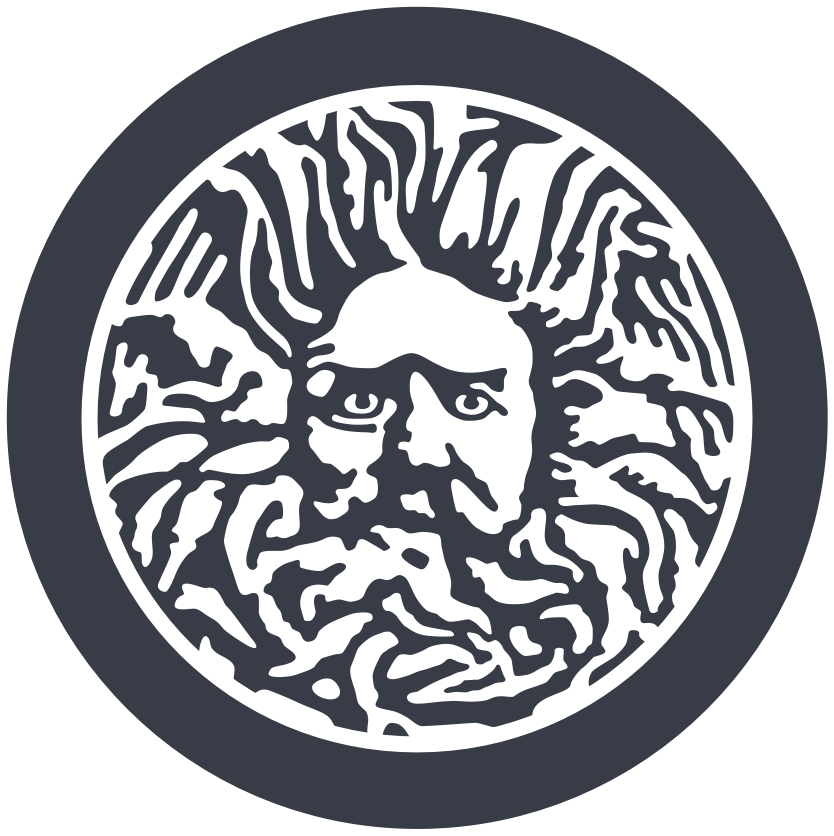Dr Ioannis Costas Batlle, from the Department of Education in the Faculty of Humanities and Social Sciences at the University of Bath, was in cohort two of the Impact and Knowledge Exchange Fellowship. He reflects on the benefits of having taken part in the Fellowship...
Having recently completed RIS’ six-month Impact and Knowledge Exchange Fellowship, in this blog I reflect on how the Fellowship has impacted on me and my research. My goal here is not to shine the spotlight on myself, but instead to give an account of what the programme could do for you if you join it.
The Fellowship involves attending one three-hour workshop every month over the span of six months. That’s it. No compulsory homework, no weekly meetings. The time commitment is certainly manageable… and still I was unsure whether I should join. I mean, it is three hours each month. In the fast-paced academic environment we operate in, adding another item to my to-do list, without losing any existing ones, and given we are all always pressed for time, seemed like a bad idea. What if this ended up being a ‘waste of time’? Would it directly help with my research? Would it tangibly contribute to my publications? Would it noticeably improve my grant writing? These are the tasks modern academics are expected to devote their time to; pursuits that deviate from them without generating a measurable output in the above three domains (e.g., a six-month Fellowship) constitutes a questionable use of time. Whilst I am not an academic who is driven by metrics, I would be lying if I didn’t acknowledge it is always at the back of my mind.
I took the plunge and joined the Fellowship on the basis that I want my research to have a strong Knowledge Exchange and Public Engagement aspect to it. Adhering to this logic, I convinced myself to hope the Fellowship would be a ‘good’ use of time. Whilst I certainly learned a great deal about Knowledge Exchange and have improved my skillset in this area (as I hoped and expected to), I want to focus on an unexpected outcome: having time to think without needing to ‘produce’ an output.
For three hours each month, I was able to enjoy the process of thinking about my work, reflecting on my colleagues’ research, and doing so in a supportive environment. In session one, we played a ‘speed dating’ game where we had to explain our research in one-minute to a range of different characters: the King, a 4-year-old child, a middle-aged man born and raised on the Masai Maara, an alien, and a cat (amongst others). The most profound lesson probably came from talking to the cat: everyone tried to communicate their work accessibly… but it’s a cat. The best use of that one-minute is to sit next to it, pet it, and exist. Knowing how to talk about your research involves knowing when not to talk about it! This led us into session two, an extraordinary workshop where we had to convey our ideas through the plastic toy Lego. The point of the session was that the pieces could have any meaning you assigned to them – you just had to move beyond what you could see (i.e., a blue piece could represent green grass with morning dew). This, like the cat, forced us to think in very different ways about the core of our research and how to talk about it.
I carried what I learned from the first two sessions into the remainder of the Fellowship as we explored stakeholder engagement, working with policy makers, using social media, and communicating with the press. Additionally, we were all assigned a Knowledge Exchange Mentor: someone with whom we could continue to think with in one-to-one meetings. Taken together, I found the space the Fellowship created to ‘exist’ as an academic refreshing. Whilst it required three hours a month that could have been used on writing papers or grants, I consider it an excellent use of time. Sure, it will help strengthen the future outputs I work on; but just focusing on that (I’d argue) misses the point. Sometimes – though the fast-paced university may not like it – the best way to move forwards is to take a break, devote some time to thinking without the guilt of feeling that it is a ‘waste of time’, and then resume your research journey.
Respond




